
Women rule and animals roam in Ramon Zürcher’s human zoo
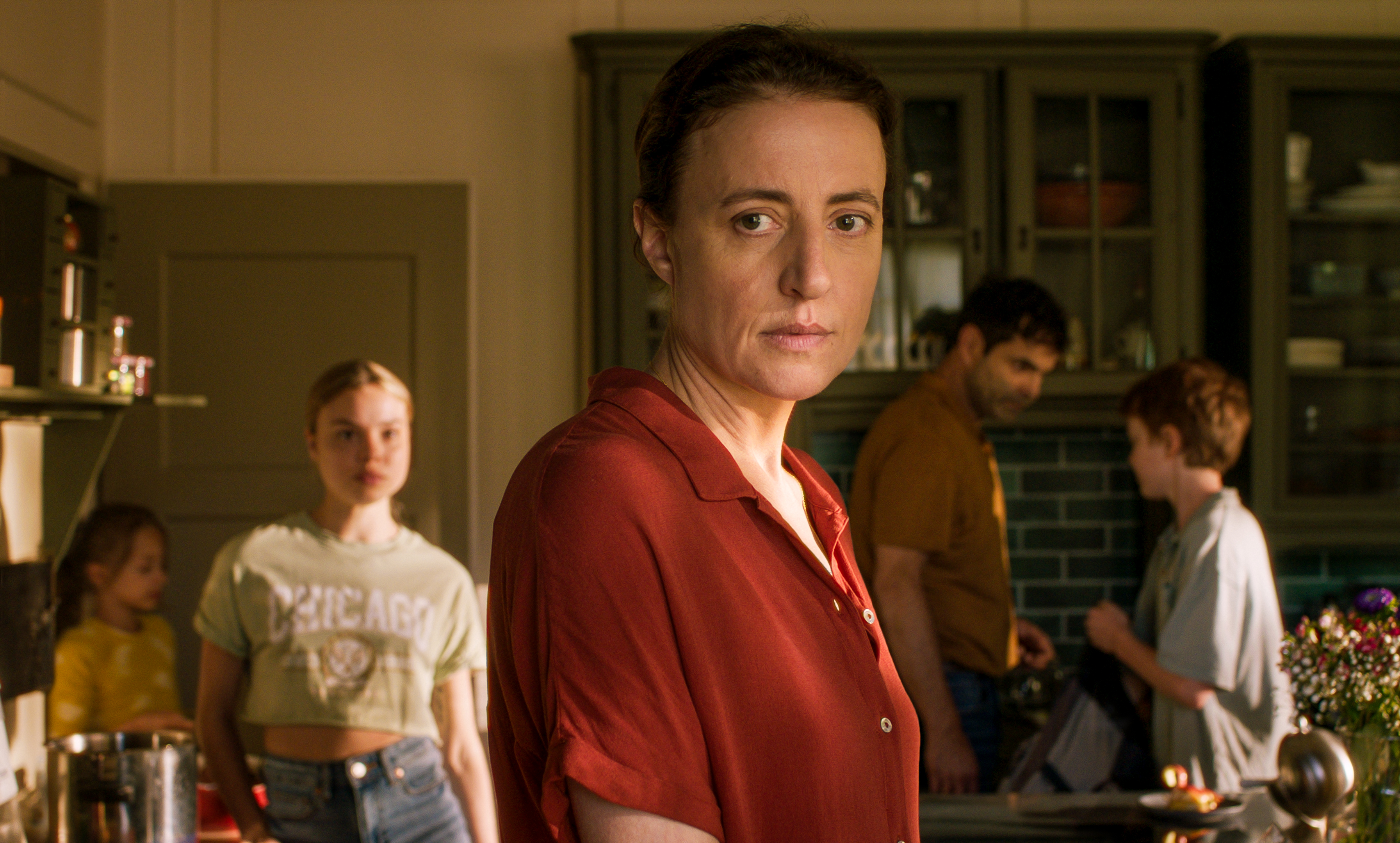
Ramon Zürcher’s new film, The Sparrow in the Chimney, hits Swiss cinemas this week bringing to a close his Animal Trilogy that turns tight spaces into psychological chess boards. He tells SWI how he makes universal stories out of his chamber pieces.
Ramon Zürcher is a rare species in the Swiss film scene. The symbiotic relationship with his twin brother Silvan, as director and producer respectively, follows the same work pattern as that of the brothers Joel and Ethan Cohen. As a queer man, his fixation on the female gaze resembles that of Spanish director Pedro Almodóvar. And his mastery in setting stories in closeted spaces, such as a small apartment or a tiny kitchen, brings the relationships at play to an almost Ingmar Bergmanesque-depth.
But these references only serve the critics, for Zürcher doesn’t need, and doesn’t mention, any of them when talking about his films. We meet him at the Locarno Film Festival last month, where he was presenting The Sparrow in the Chimney, the only Swiss movie in the main competition. He left the subdued impression of a Swiss country boy who went to study film in Berlin. He lived in the German capital for 17 years – now he is back to Switzerland and lives in Biel – where he developed an authorial style that, as he told SWI swissinfo.ch, “is very personal but not private”.
The Sparrow in the Chimney is the third part of the Zürcher brothers’ Animal Trilogy – after The Strange Little Cat (2013) and The Girl and the Spider (2021), both shot in Berlin. Strange Little Cat was the culmination of the the Zürcher brothers’ film studies; shot on a shoestring budget, it was almost all set in a tiny kitchen of a small Berlin apartment. The Girl and the Spider moved on to encompass two small apartments, and finally The Sparrow in the Chimney evolves to a grand country house in Switzerland.
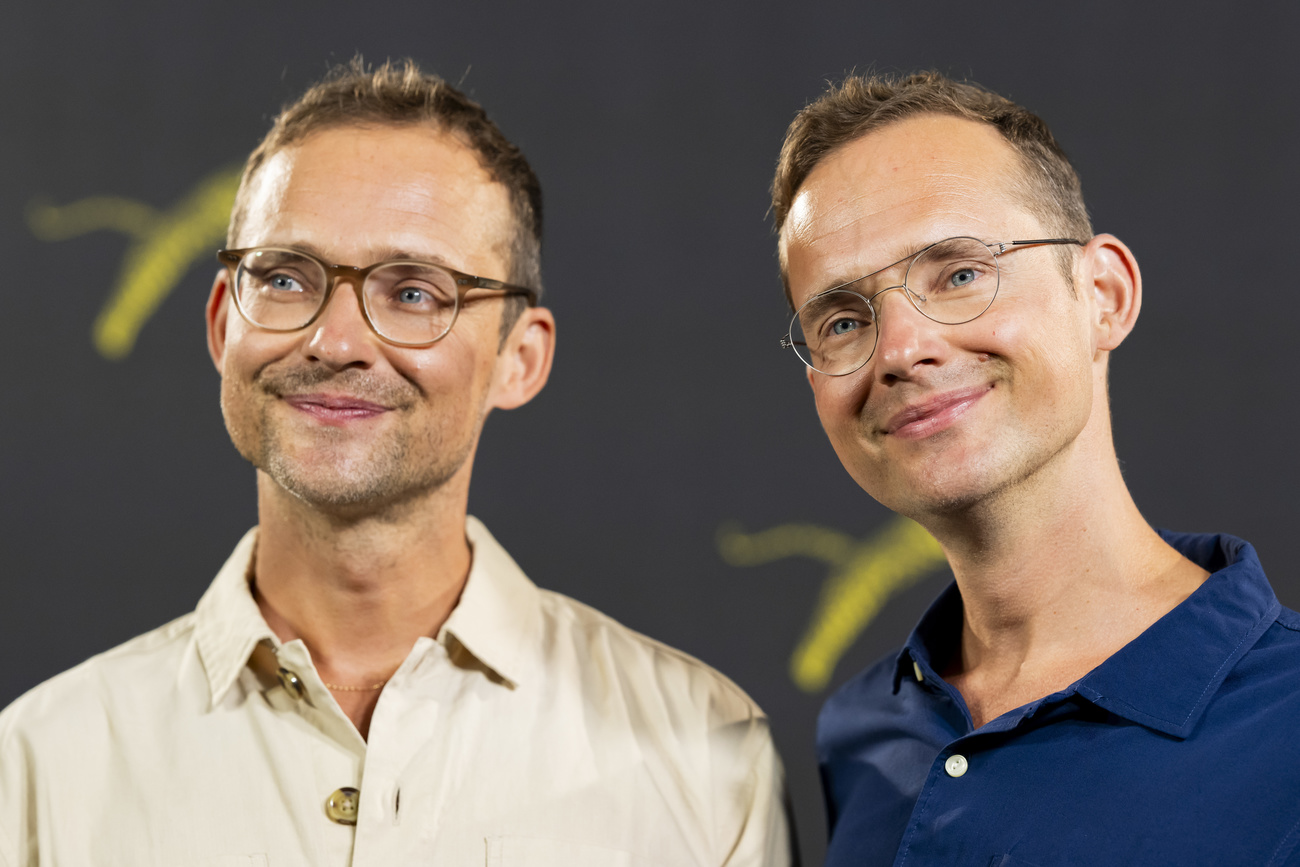
Stillness in movement
Although The Sparrow in the Chimney can be viewed as a stand-alone film, it becomes less strange, confusing, and uncomfortable when seen in relation to the other films in the Zürchers’ Animal Trilogy.
“The three films were a bit like huis-clos chamber pieces, and we saw them as siblings, playing with stillness and movement. The first film was closer to static. It’s like a chamber piece portrait without any development. There was a bit more movement in the second film, mostly because the plot is about a girl moving into a new flat. And now the third film is about development and transformation, lots of movement enters the space and it starts to breathe.”
In the first two films the camera never expands the field of vision, keeping close to the characters’ faces. In The Sparrow, the filmmakers finally move outdoors and let some landscape intrude the narrative. But even then, the landscape remains closely linked to the characters’ moods and traits.
There are always lots of people moving around as well as domestic animals – cats, dogs, insects, birds – overcrowding the space where the relations between them are never explicit, having to be grasped along the story.
Dialogues are short, in passing, and the characters move like chess pieces on a tense psychological board, creating an ambience of constant passive aggression even in the most tender exchanges.
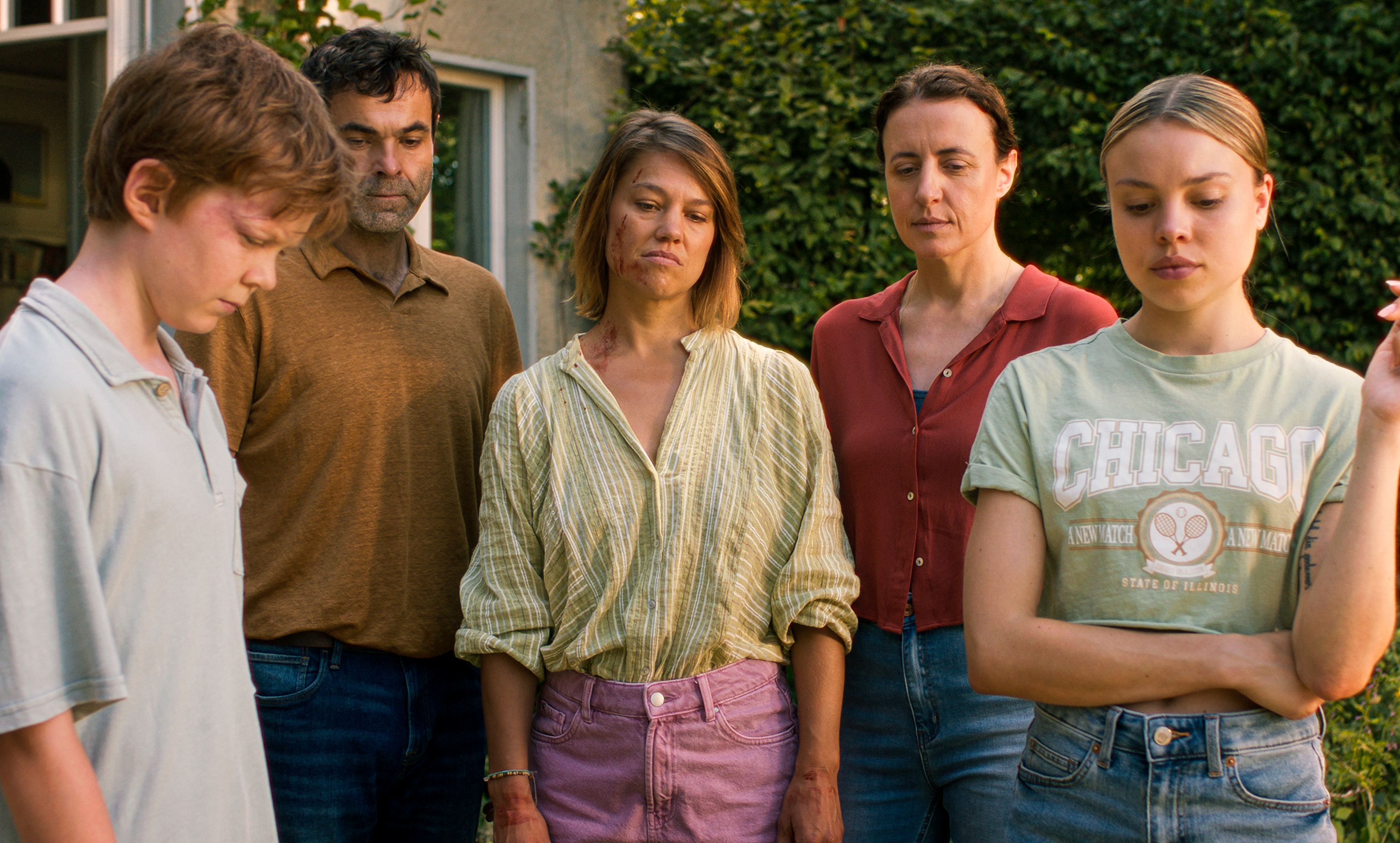
Personal but not private
One can only wonder whether the Zürchers are taking revenge on a dysfunctional family upbringing, but Ramon dismisses the thought. “My family didn’t have the same problems or experience the events as those in the film,” he says. “But every character and every topic are very personal, and they are all close to me. And such a cruel character like Karen [the conflict pivot of all family tensions in The Sparrow], in her core, also has a certain softness and warmth.”
Zürcher revels in this ambiguity, which he admires in contemporary Asian cinema. “Characters are not instrumental for a plot, they always have a more complex depth. I couldn’t create a character with just an antagonist trait, like a monster. That’s not interesting for me.”
Curiously, the film received much more praise from foreign critics than from the Swiss, who strongly, and negatively, reacted to it in Locarno. Maybe because it touches uncomfortable issues in a country that has a very reactive attitude to psychoanalysis?
Zürcher says that he never gave much thought to the matter, but he can see a point there. “Switzerland has been a rich country for only the last 70 years. It’s become a rich country where, on the surface, everything is solved and everybody is healthy, but every family carries some sort of transgenerational trauma. These psychological or inner realities can’t be solved in one or two days, it’s a long process.”
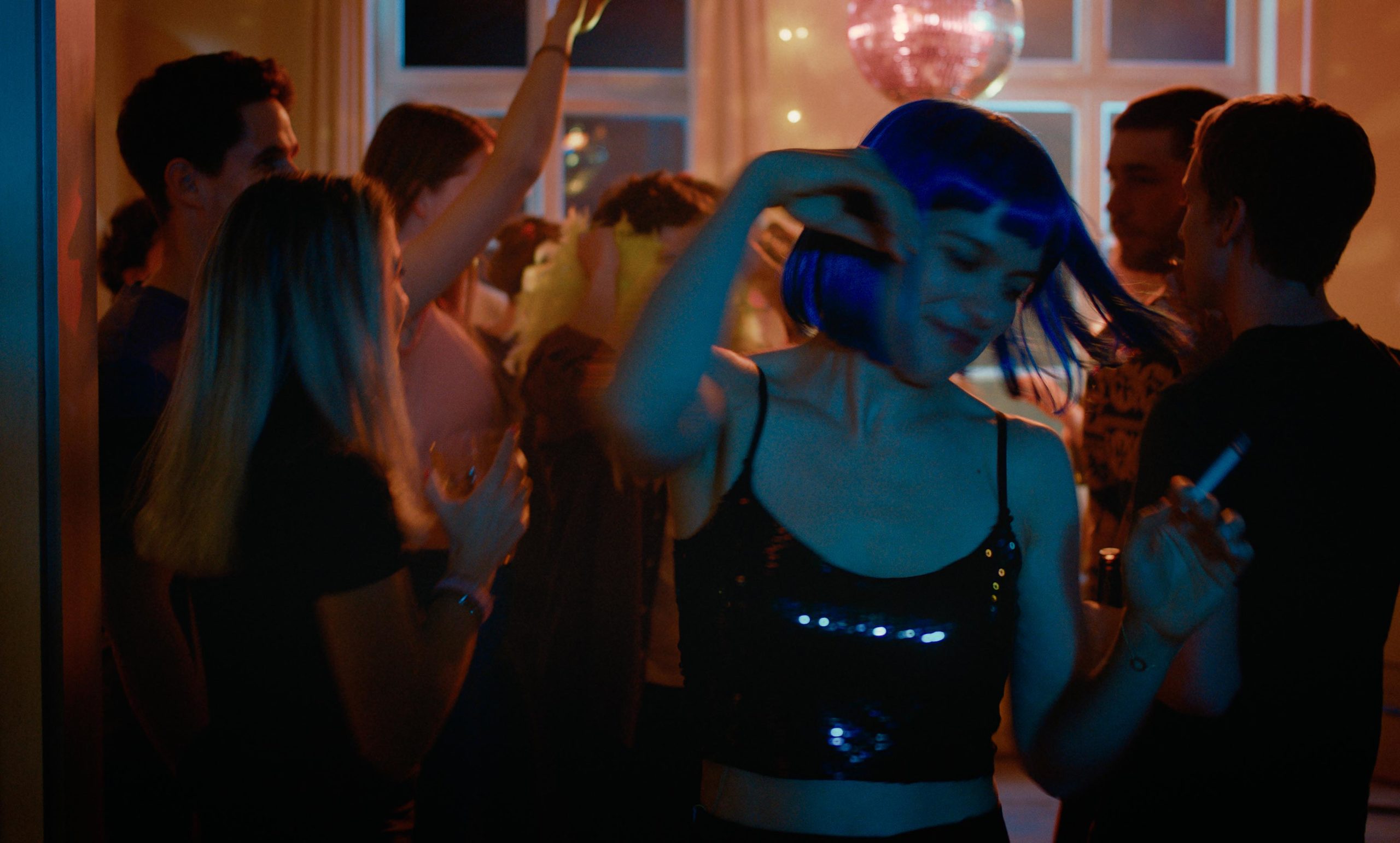
Having few economic issues and a relatively liberal environment, Swiss society still has a lot of problems to address, he says. As a queer man, for example, Zürcher stresses the point that he never feels totally at ease.
“Homosexuality is way more embedded, normalised. Berlin, as most big cities, is labelled as very open, but there’s always a little bit of suspicion. Attacks do not happen overtly, but through micro-aggressions. It’s as if we are struck with a needle instead of a knife. I think that most people with a queer biography have an extra layer on the skin to protect them against needles.”
Patriarchal matriarchy
Zürcher’s queer eye becomes more explicit in his women characters. In his films, men are, at best, appendixes in the family constellation, or, at worst, dumb annoyances. Women on the other hand are depicted as strong, a role mirroring that of a family patriarch.
The filmmaker concurs: “When you have a patriarchal family, the conflict is well known. But when it’s a woman who rules, the conflict is more complex because the mother does not have that antagonist image. When the things we associate with the mother – love, warmth, nurture etc. – becomes tyrannical, it can be even more cruel than with the ‘typical’ father.”
This contradiction seems to play with Zürcher’s fixation on the female gaze. “Now that women are more empowered, we may even think that there is a transformation. But in fact, there is no transformation, just a change of genders, while the inner power relations are the same.”
That’s a minefield in which Zürcher is at ease. “I often think in the female perspective, I often identify with women,” he says. “When I started to watch films, I was always interested in women such as Isabelle Hupert and Isabelle Adjani, those beautiful and abyssal women. I was always feeling and thinking and living the desires of women characters. When I start writing a script, it’s always out of a female perspective.”
The female gaze is for him a door into family issues, for the most basic relationship is created via the cutting of the umbilical cord, “but there will always be a cord, an invisible one.”
That’s probably the point where the Zürchers’ films strike a more universal tone. It was never their intention, says Ramon, to define their films locally – and this is why they opted, even when filming The Sparrow in the Chimney in Switzerland, to use German, taught in schools, instead of the Swiss German dialect, which is spoken at home.
“I think that Hochdeutsch (high German as it is known in Switzerland) is part of the Swiss identity. Because we read and write in this language, and since we use it at school, it sounds neutral – it’s a language with which you can construct a film because it has something universal.”
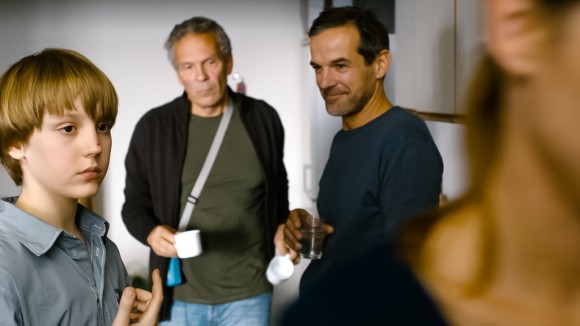
We are the animals
Stitching the three films together as an “animal trilogy”, when the stories delve in what Zürcher calls “a psychological human zoo”, is more than an understated irony. But the joke is deliberate. Zürcher says that he hates obvious titles, like “The Mother” or “The Transformation”, that give away the story in a few words.
He says that shifting the focus out of the centre of the plot or the story to a concrete thing in its margins is a way to amplify the space, not just physically, but also of meaning and interpretation. “After all, everything is fauna,” he says, “and ‘animal trilogy’ means that it’s focused on human beings, which are animals surrounded by other animals.”
As a country boy, one may think that his relationship to animals goes a long way, having probably lived very close to them. “Oh no, never”, he laughs. “We had several allergies in the family, so we never had cats or dogs. There were only the neighbours’ cows around.”
Edited by Virginie Mangin/ds

In compliance with the JTI standards
More: SWI swissinfo.ch certified by the Journalism Trust Initiative


























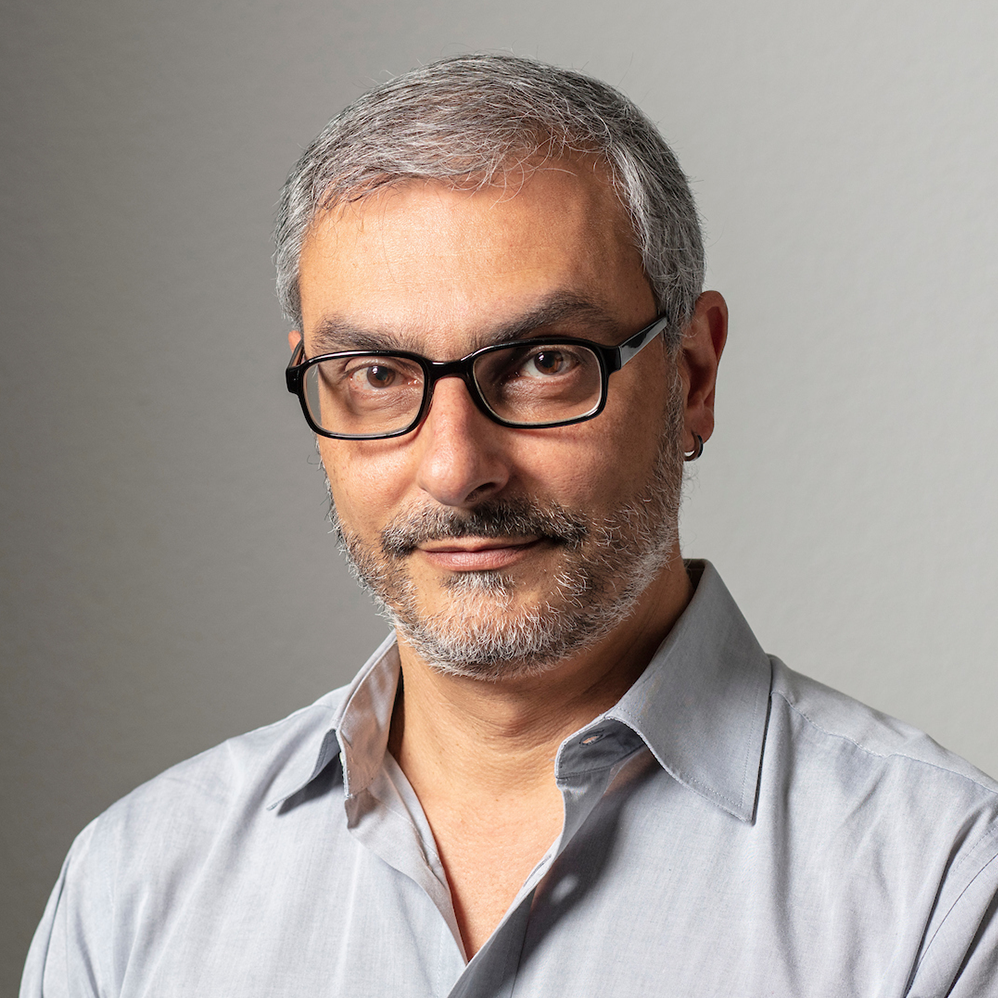
You can find an overview of ongoing debates with our journalists here . Please join us!
If you want to start a conversation about a topic raised in this article or want to report factual errors, email us at english@swissinfo.ch.